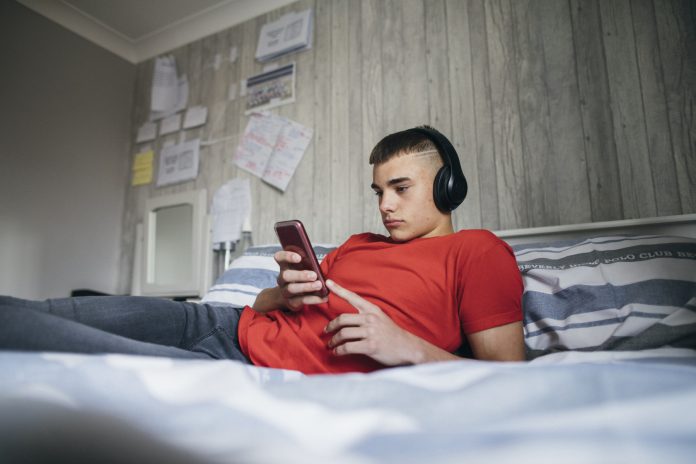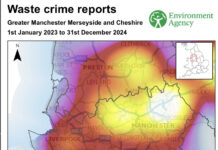new study from The University of Manchester has highlighted a link between social media use, unhealthy lifestyles and wellbeing in young people, with those with the healthiest lifestyles experiencing the highest wellbeing.
The research, led by Dr Chris Knowles and a team of experts from the Manchester Institute of Education, as part of the #BeeWellprogramme, analysed the habits of nearly 18,500 Year 8 students from Greater Manchester. Findings showed that teenagers who use social media more frequently tended to have less healthy lifestyles.
The study aimed to understand the connection between different health habits (being physically active, getting enough sleep, and having a healthy diet) and young people’s mental wellbeing. It identified three groups based on these habits: the “Green and Dream Team” (the most active group, most likely to get enough sleep, and with the highest intake of fruit and vegetables), the “Balanced Bunch” (a group with more moderate scores on all these factors), and the “Wellness Weary” (those with the least healthy habits).
About 45% of teenagers fell into the healthiest group, 40% were in the moderately healthy group, and 15% were in the least healthy category. The study found that those who were part of the “Green and Dream Team” reported better mental wellbeing a year later than the other groups.
Social media use was one of several key factors that affected which group a young person fell into. Compared to the “Green and Dream Team”, teenagers who spent more time on social media were more likely to belong to less healthy groups (namely the “Balanced Bunch” and the “Wellness Weary”). In contrast, those who used social media less were more active, had better sleep, and ate more fruit and vegetables.
The research also uncovered that socio-economic deprivation played a big role in determining a young person’s health habits. Teenagers from disadvantaged areas of Greater Manchester were substantially less likely to be “Green and Dream Team” members. In fact, of all indicators, deprivation was the strongest predictor of health lifestyle, highlighting the ongoing importance of tackling social inequality to reduce public health disparities.
Interestingly, the study found that Black and Asian teenagers were more likely to have poor health habits (like less physical activity and sleep), yet previous research has shown Black and Asian young people often report better mental health outcomes than their White peers. This presents a complex picture of how different social and lifestyle factors affect health and mental wellbeing of various ethnic groups.
The research supports ongoing efforts by the NHS and government to improve the physical and mental health of young people, and it calls for further action to address the impact of social media and social inequalities on day-to-day life.
“Our findings have important implications for the health and wellbeing of young people,” said Dr Chris Knowles. “There is a long-term need to address deep societal issues, such as inequality, which we’ve shown has strong links to unhealthy behaviour. Until then, reducing social media use is a more immediately implementable change that has potential to help adoption of healthier lifestyles in the shorter-term. We also recognise that young people have previously reported social media can benefit their wellbeing, so prospective changes should aim to strike a balance.”







